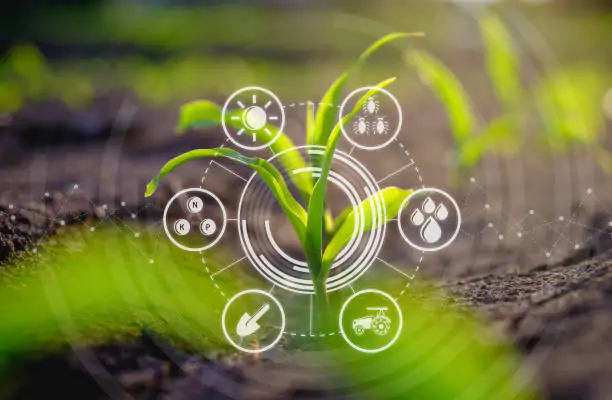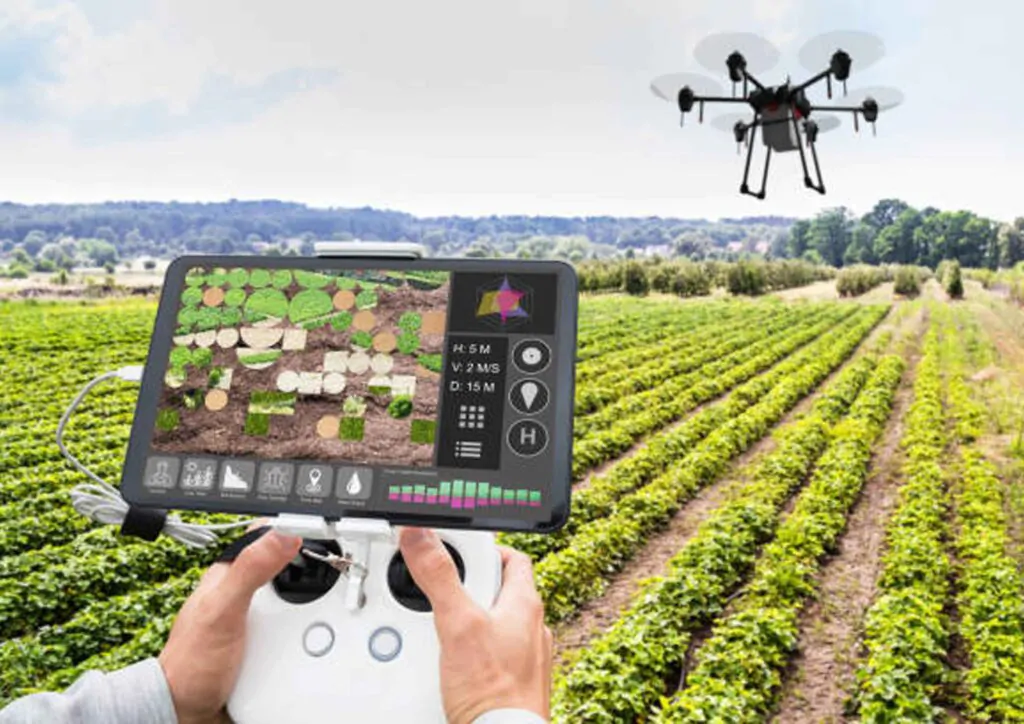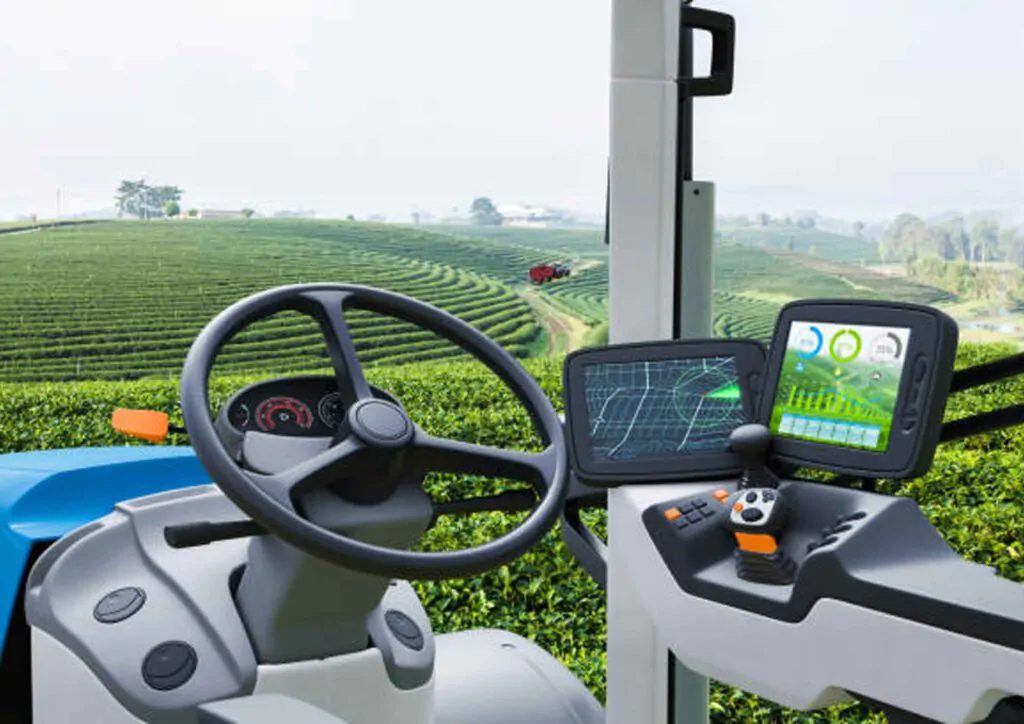Toward The Integration of Precision Agriculture

What is Precision Agriculture
In today’s rapidly evolving agricultural landscape, the integration of precision agriculture techniques has emerged as a game-changer for improving farm productivity, optimizing resource utilization, and promoting sustainable farming practices. Precision agriculture leverages advanced technology and data-driven approaches to empower farmers with precise decision-making capabilities, revolutionizing traditional farming methods. This article explores the transformative potential of precision agriculture, showcasing its key benefits and applications.
Maximizing Crop Yield through Precision Agriculture
Precision agriculture is the key to unlocking maximum crop yield potential. By utilizing real-time data collected from sensors, drones, and satellite imagery, farmers can closely monitor and analyze crucial factors influencing crop growth such as soil moisture levels, nutrient content, and pest infestations. With this accurate and timely information, farmers can make informed decisions tailored to specific field conditions. By optimizing inputs such as water, fertilizers, and pesticides, precise resource allocation ensures minimal waste and optimal crop growth.

Efficient Resource Management
Precision agriculture revolutionizes resource management by capitalizing on advanced technologies like GPS, remote sensing, and machine learning algorithms. These technologies allow farmers to accurately map their fields and identify variations in soil composition, topography, and vegetation. With this valuable information at their disposal, farmers can implement variable rate application techniques, precisely distributing inputs based on field characteristics. By using resources like water, fertilizers, and energy efficiently, farmers can reduce costs and minimize the environmental impact of their operations.
Smart Farming Technologies and Automation
The integration of precision agriculture relies heavily on state-of-the-art technologies and automation systems. Sensor networks, IoT devices, robotics, and artificial intelligence (AI) play integral roles in this transformation. Sensors continuously monitor essential parameters such as temperature, humidity, and plant health, providing real-time data for informed decision-making. Automation systems, including autonomous tractors and robotic weeders, streamline farming operations, reduce labor requirements, and enhance overall operational efficiency.

Promoting Sustainability and Environmental Stewardship
Precision agriculture is a driving force behind sustainable and environmentally conscious farming practices. By adopting site-specific management practices, farmers can minimize the use of agrochemicals, reduce soil erosion, and optimize water consumption. This targeted approach significantly reduces the ecological footprint of farming, mitigates the risks of water and soil contamination, and promotes biodiversity. Precision agriculture’s ability to optimize inputs contributes to the challenge of feeding a growing global population while preserving natural resources for future generations.
Overcoming Challenges and Facilitating Adoption
While precision agriculture offers significant benefits, there are challenges to its widespread adoption. Initial setup costs, technical complexity, and the need for specialized training can be barriers for many farmers. However, governments, agricultural organizations, and technology providers are actively addressing these challenges. Financial incentives, educational programs, and user-friendly precision agriculture solutions are being developed to facilitate adoption. Collaborative efforts and knowledge-sharing among stakeholders will play a vital role in accelerating the integration of precision agriculture across the agricultural sector.
Conclusion
The integration of precision agriculture is poised to maximize farm productivity while promoting sustainability and profitability. By harnessing advanced technology, data analytics, and site-specific management practices, farmers can make informed decisions and optimize resource utilization, leading to increased crop yields and reduced environmental impact. As the agricultural industry embraces precision agriculture, it will reshape farming practices and contribute to a more sustainable and food-secure future.